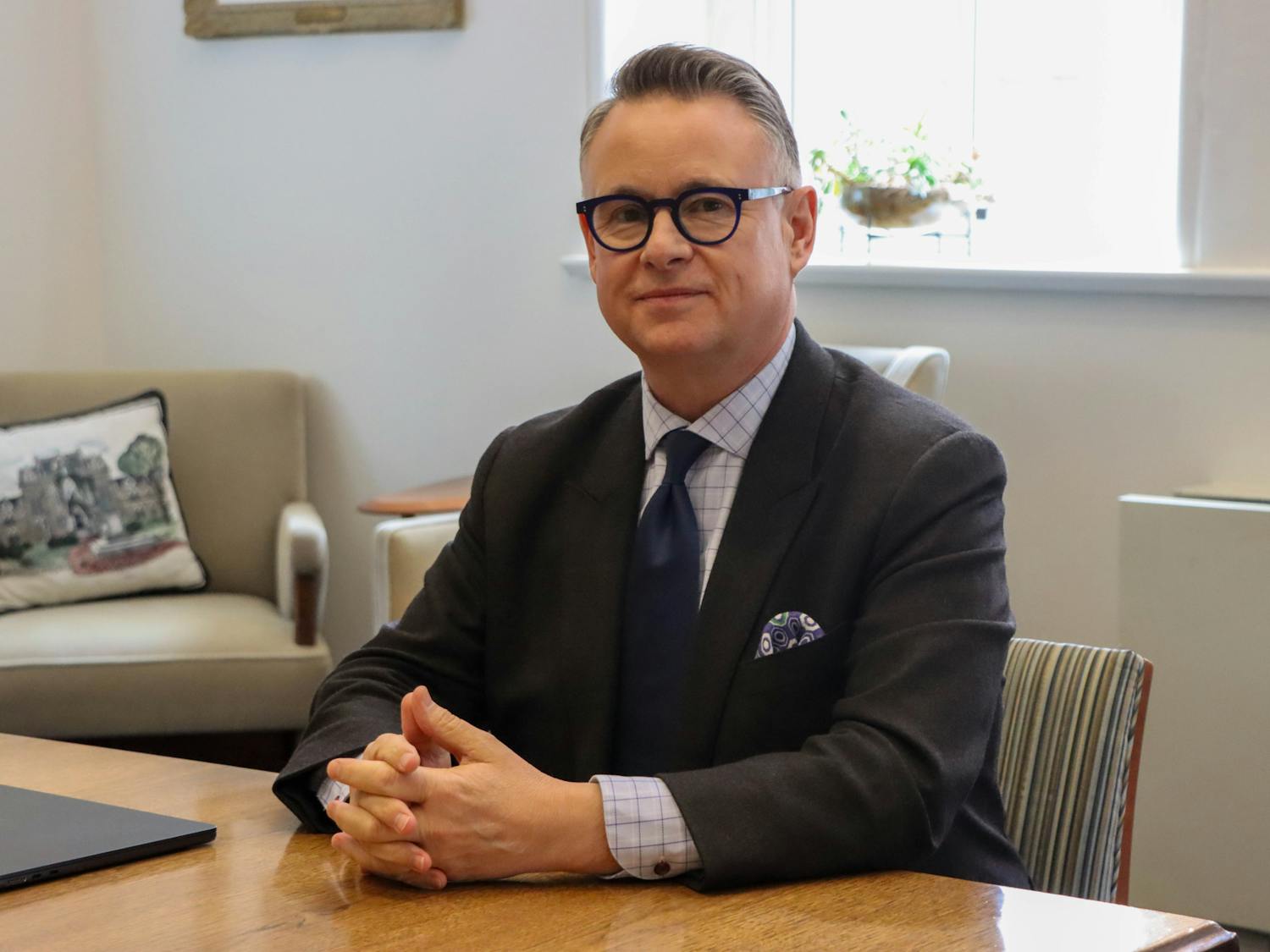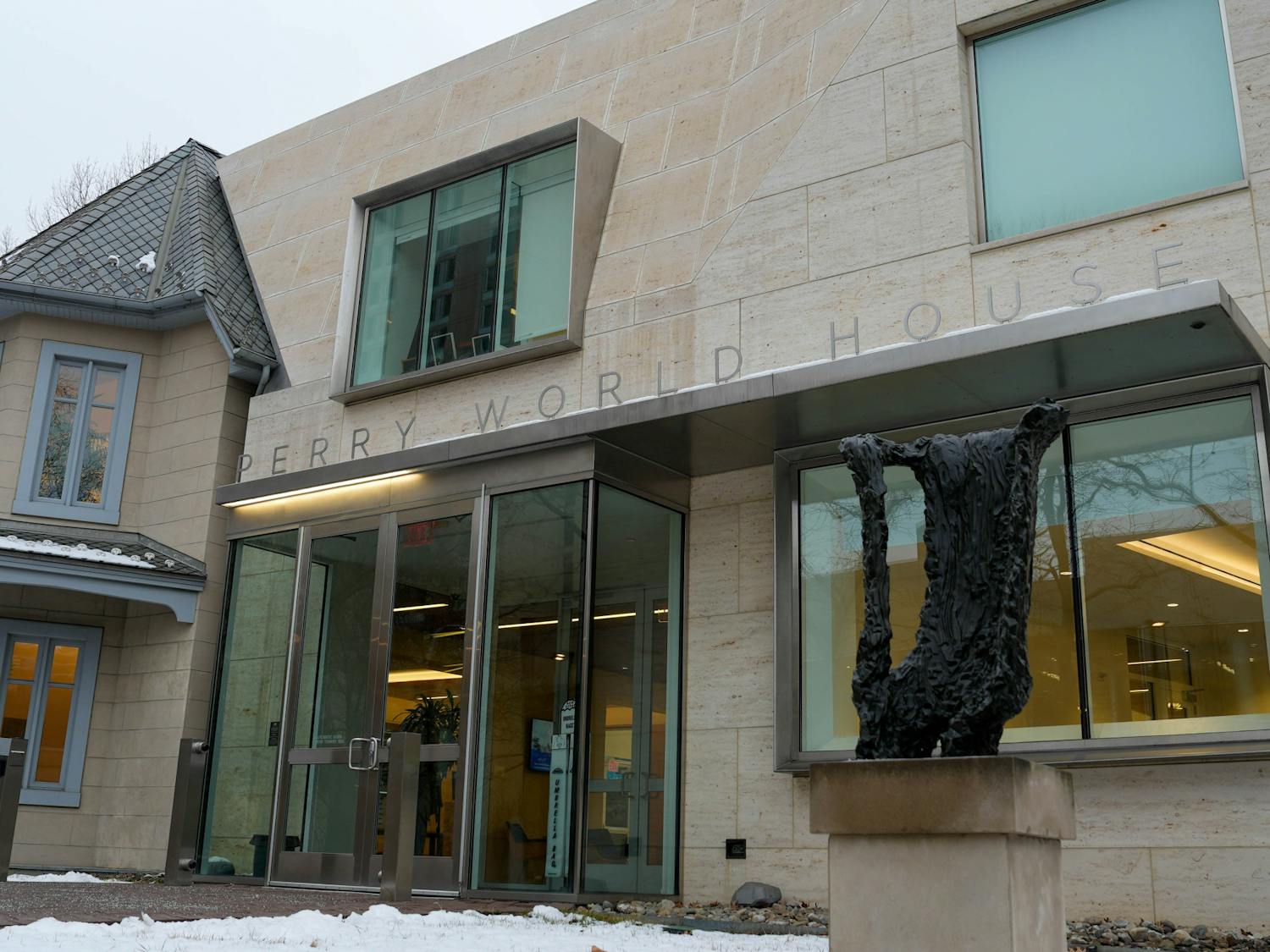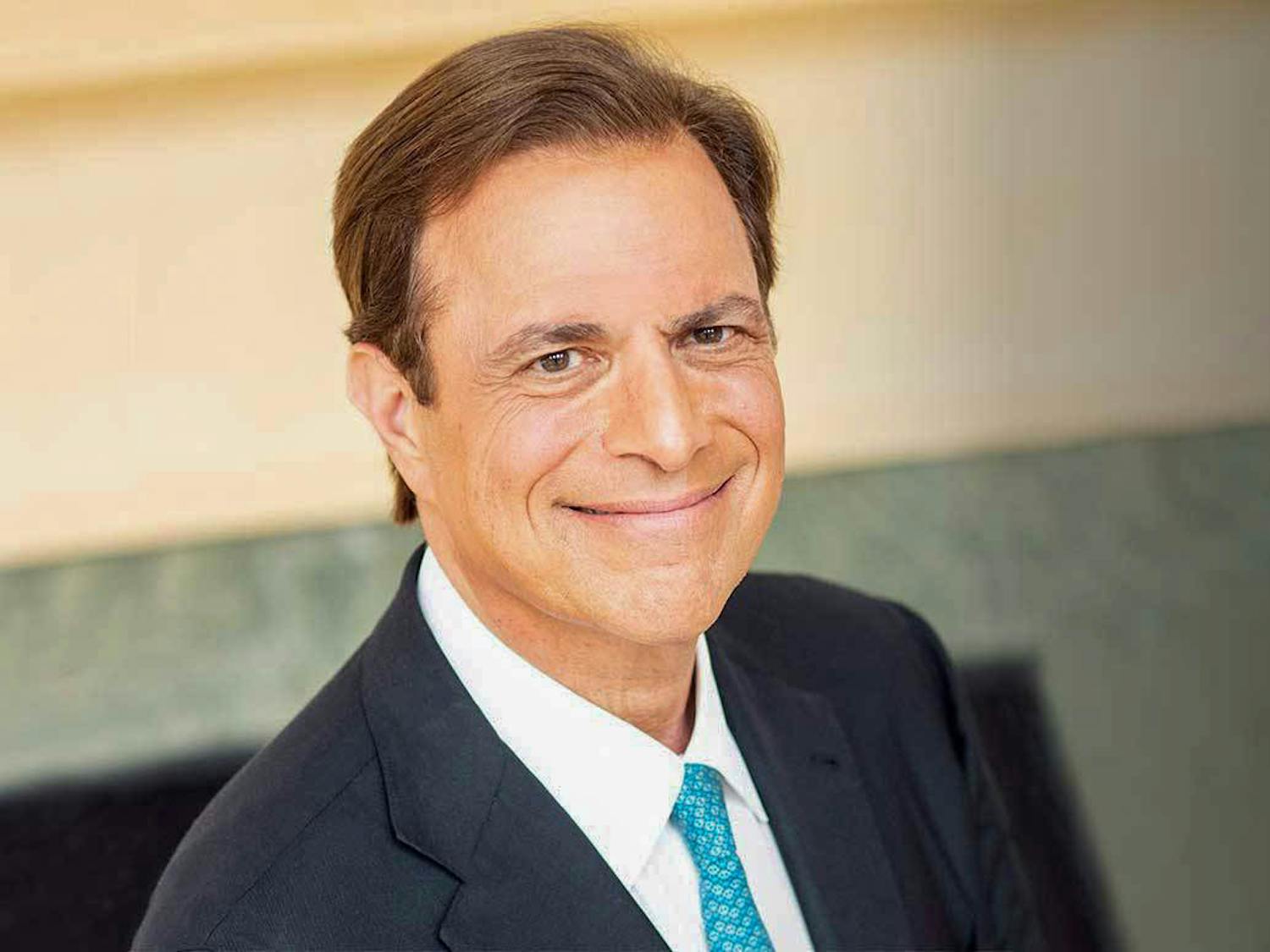When College freshman Liza Johnson was applying to Penn, she received advice from many of the usual sources — college preparation books, campus visits and advice from family members.
Unlike some of her peers, though, Johnson tapped into an additional resource during the admissions process: a private college counselor.
At Penn, Johnson’s story is not unique.
As the ratio of high school counselors to students has decreased, more college applicants are turning to paid counselors for an added boost in the admissions process.
According to the American School Counselor Association, the average ratio of American public high school students per guidance counselor is 476 to 1.
Additionally, according to the ASCA, guidance counselors spend an average of just 38 minutes discussing each individual student’s college search and application process each admissions cycle.
Dean of Admissions Eric Furda said there is “a growing public need for people who are willing to give advice” about colleges, which is frequently satisfied by college counselors.
In a 2009 survey conducted by marketing and communications firm Lipman Hearne, 26 percent of high-achieving students reported that they hired an independent college consultant to guide them through the application process. The survey was based on nationwide responses from 1,264 high-school students who scored in the 70th percentile or higher on the SAT.
Furda added that, while independent college counselors have received criticism for charging up to $40,000 for two years of consulting, they are not a “monolithic” group that charges an exorbitant amount of fees.
“If families have that money to spend [on college counselors], it’s their prerogative,” he said. “At the end of the day, it’s a family decision and a personal decision.”
However, he added that students and families should make sure that they are paying for a “partnership to make great college choices,” not guaranteed admission into certain institutions.
David Hawkins, director of public policy and research at the National Association for College Admission Counseling, disagreed about the necessity of independent college counselors.
While Hawkins acknowledged that there is a major shortage of public high-school counselors today, he said these individuals are still an essential part of the equation.
“We fundamentally believe that in-school guidance is what students need the most. It’s really the context in which they have been brought through the educational system in this country,” he said. “I think a reliance on a resource that exists out of the school is not an equitable or sustainable approach to college counseling.”
Bev Taylor, founder of The Ivy Coach, advises numerous students who apply to Penn each year and defended independent college counselors as professionals who are providing needed services.
“If you needed to draw a will, would you not hire a lawyer? If you needed to do your taxes, would you not hire an accountant? Why would you not hire professionals for the college admissions process?” she said.
She added that her practice has an “extensive” pro-bono program and, in some years, 30 to 40 percent of her clients have been underprivileged students who received counseling at no cost.
Top Colleges Educational Consultant Steven Goodman — a 1989 Graduate School of Education alumnus — said college counselors can help students and parents through what can be an emotionally taxing process.
“The goal is help students stretch to the best of their abilities in a way that is safe and educationally feasible,” he said.
Goodman added that he has often had to turn away parents who set unrealistic goals for their students who may be “far out of the range of admissibility,” and expect the college counselor to bridge the qualification gap.
Students at Penn said college counselors have helped to expand their college search beyond the capabilities of a high-school counselor.
During her college search, Johnson preferred other options in place of the small, liberal arts schools that her parents and siblings had attended.
“In the end, using a college counselor was good for me because it helped me realize that what was right for me wasn’t what they did,” she said. “My college adviser helped me look at a lot of different college options.”
College sophomore Jonathan Iwry also used a college counselor to gather additional opinions in the application process.
“I took it all in with a grain of salt, but it was useful to have people with a wide array of opinions,” he said. “Everything was my work, but they helped me direct it in the best way possible.”








